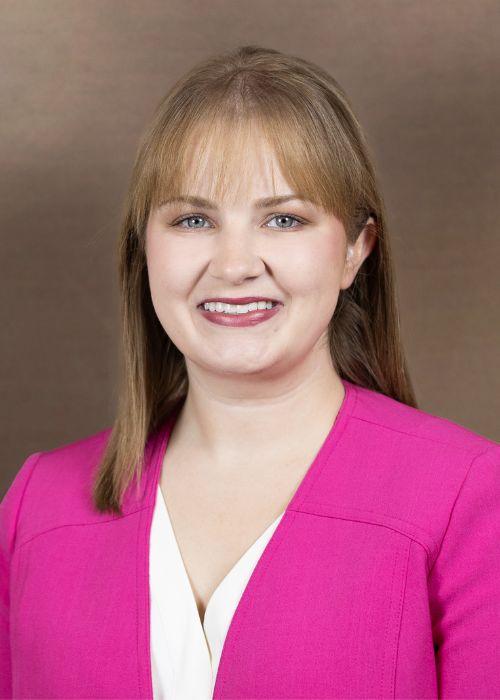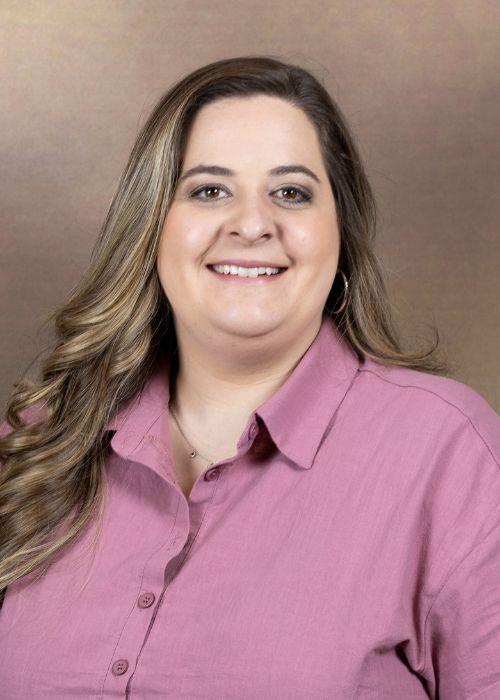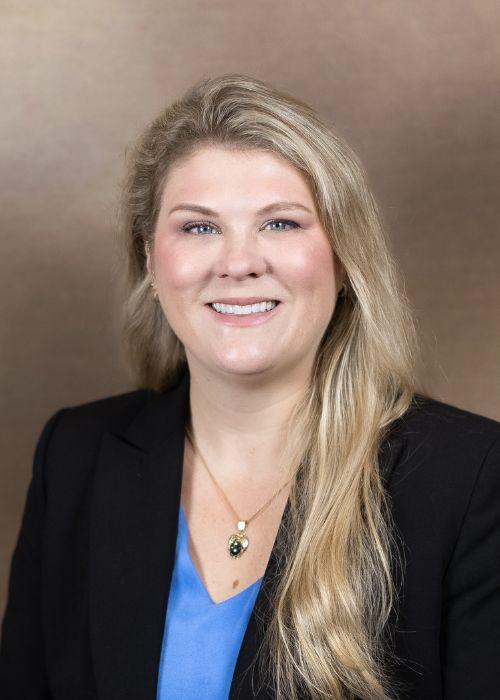Ethan Terral
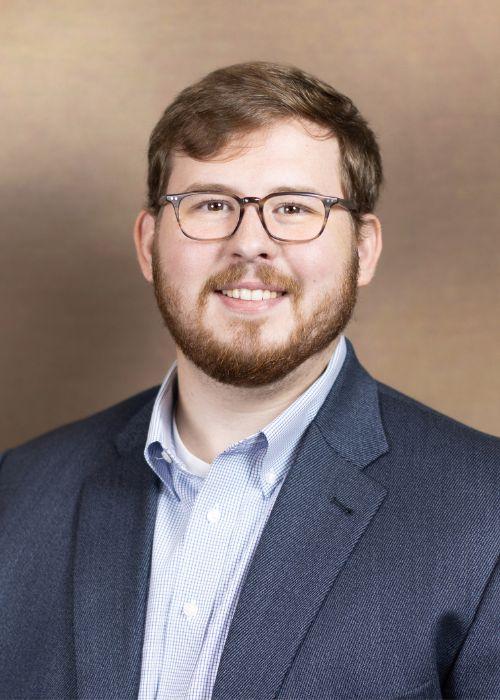
Ethan Terral, BA
Application Services Specialist and Admission Recruiter
Department/Discipline:
Admissions
Campus:
Louisiana
0

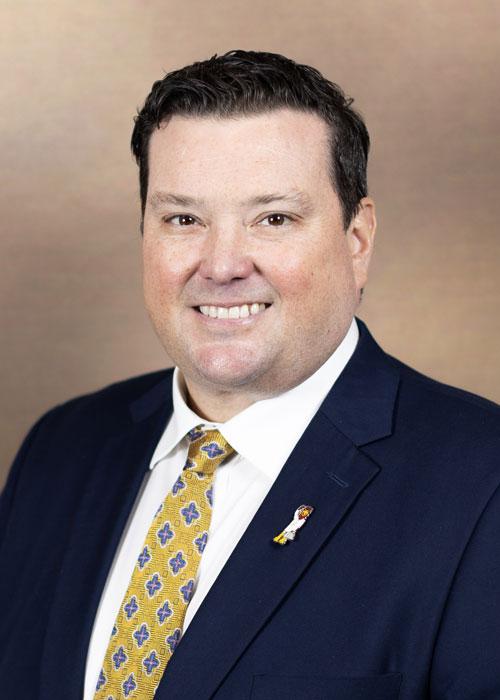
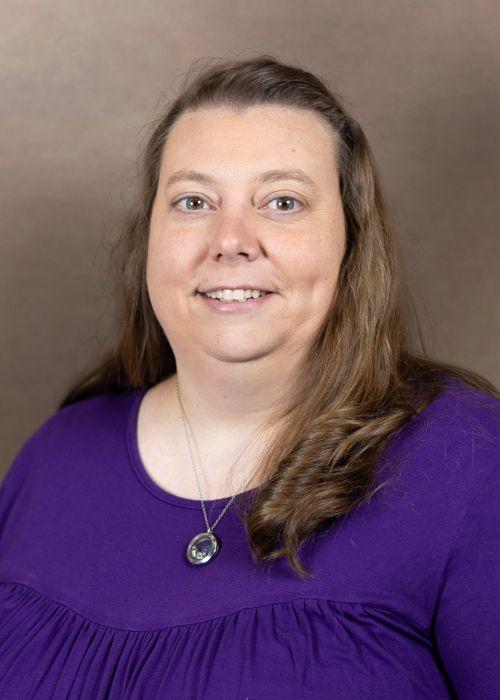
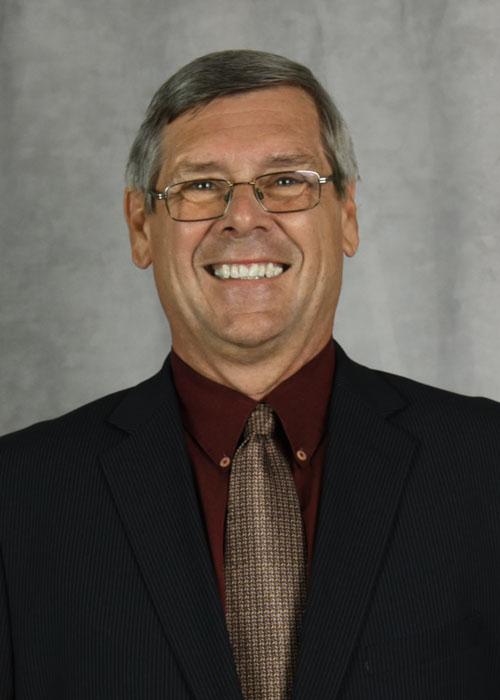
| Year | University | Degree |
|---|---|---|
| 2022 |
Liberty University |
PhD in Higher Education Administration |
